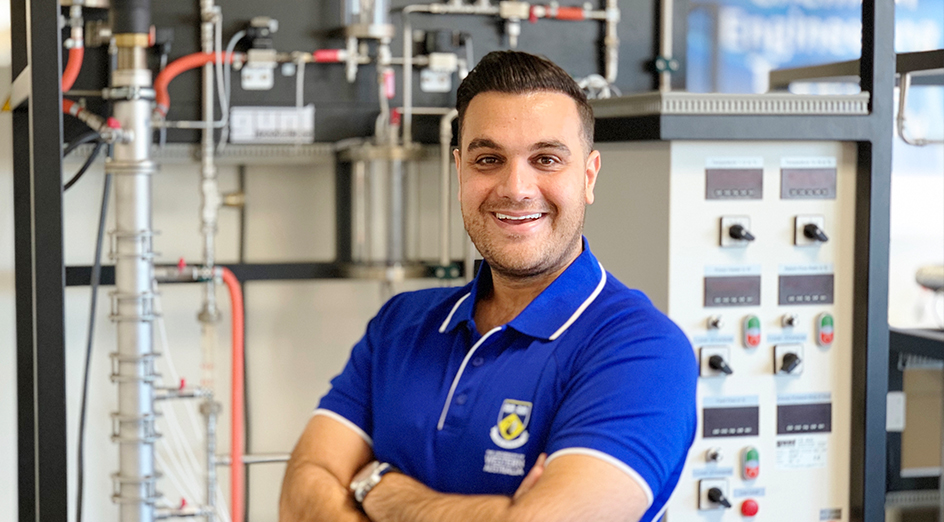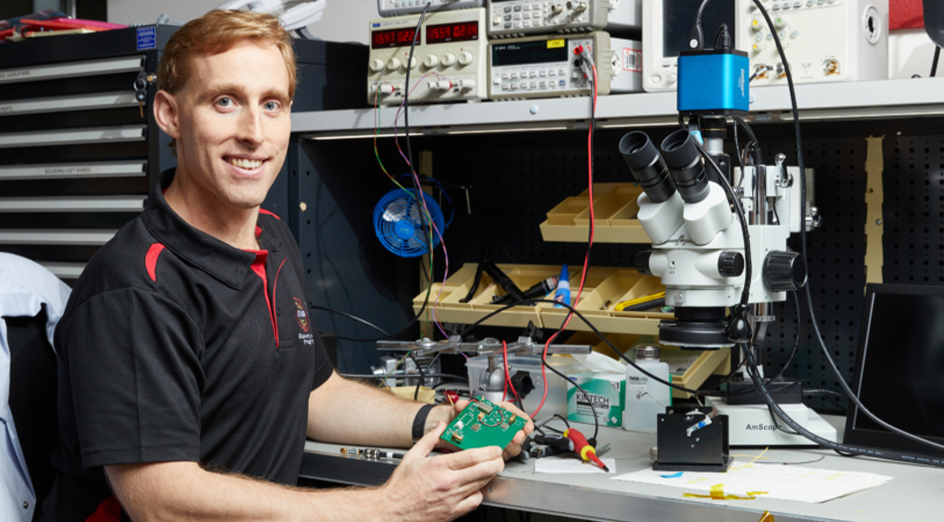Five academics at The University of Western Australia have been awarded a total of $2.15 million in Federal Government funding for research projects ranging from pioneering biotechnology with liquid proteins, to enhancing animal health through genomic insights, and revitalising endangered cultural practices.
“This remarkable achievement underscores the dedication and innovation of our early career researchers whose work promises to bring transformative insights and solutions across a range of disciplines.”
Professor Anna Nowak, UWA Deputy Vice-Chancellor (Research)
The Australian Research Council (ARC) Chief Executive Officer, Ms Judi Zielke PSM, announced $86 million for 200 projects under the Discovery Early Career Researcher Award (DECRA) scheme through the Australian Research Council (ARC).
The scheme aims to support researchers in their early careers and each recipient will receive salary support for three years.
Professor Anna Nowak, UWA Deputy Vice-Chancellor (Research), said the ARC funding highlighted the ground-breaking work being carried out by the University’s early career researchers.
“This remarkable achievement underscores the dedication and innovation of our early career researchers whose work promises to bring transformative insights and solutions across a range of disciplines,” Professor Nowak said.
Dr Arman Siahvashi from UWA’s School of Engineering was awarded $460,847 to develop Australia’s first modular hydrogen liquefaction and storage system, aiming to increase efficiency, lower costs and improve safety in the process of converting hydrogen to be stored and transported.
 Image: Dr Arman Siahvashi, UWA School of Engineering.
Image: Dr Arman Siahvashi, UWA School of Engineering.
Dr David Gozzard from the UWA node of the International Centre of Radio Astronomy Research received $443,347 to create the world’s first quantum telescope by integrating pioneering Australian signal stabilisation technology and modern quantum sensors.
 Image:Dr David Gozzard, International Centre of Radio Astronomy Research (UWA node).
Image:Dr David Gozzard, International Centre of Radio Astronomy Research (UWA node).
His research aims to link optical telescopes, separated by vast distances, using quantum detectors to achieve extremely high-resolution imaging, potentially surpassing existing telescope capabilities by over 20 times, with applications in astronomy, satellite tracking and defence.
Dr Daniel Knight from UWA’s School of Biomedical Sciences was awarded $437,977. He will use genomics to study bacterial pathogen ecology and evolution in animals. This project will deliver enhanced strategies for the detection, prevention, and control of infections with long-term socio-economic benefits for the Australian veterinary and agricultural sectors.
 Image:Dr Daniel Knight, UWA School of Biomedical Sciences .
Image:Dr Daniel Knight, UWA School of Biomedical Sciences .
Dr Andrew Marshall from UWA’s School of Molecular Sciences received $375,837 to study liquid protein as a novel material for biotechnology. Inspired by biology, his research aims to harness this unique, naturally occurring material to allow us to build useful molecules more efficiently, providing a platform for future green chemistry-based industries and pharmaceutical manufacturing.
Dr Stephen Gilchrist’s project, awarded $438,677, will see him research endangered Aboriginal shield-making practices in north-west Western Australia, with a focus on Wunda Shields.
By renewing knowledge of Wunda shields, Dr Gilchrist from UWA’s School of Indigenous Studies, hopes to inform intangible cultural heritage projects and contribute to Indigenous wellbeing.








